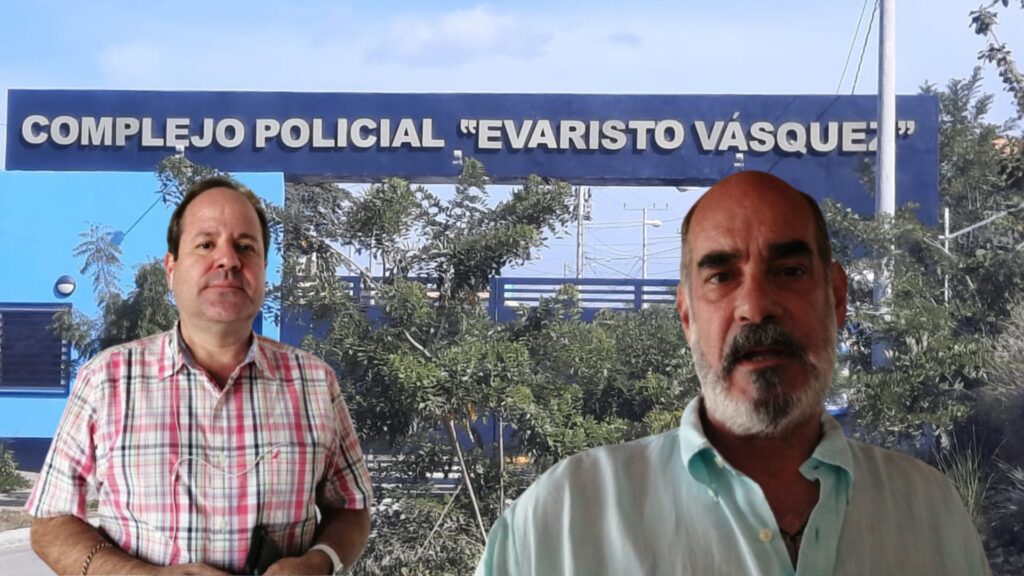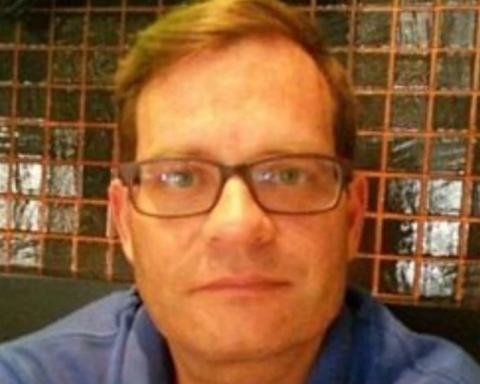The impact of the 50-hectare landfill that is to be done in Amador, in the village of Ancón, goes beyond the specific area where the project is intended to be developed.
The environmental impact study, which is in the evaluation phase by the Ministry of the Environment, details that the direct area of influence of the landfill is 156 hectares, while the indirect area of influence is 389 hectares.
María Gabriella Dutari, a lawyer from the Center for Environmental Advocacy (CIAM), analyzed this issue on Tuesday, indicating that they view with concern the desire of the promoter LGS Panama Tourism Development to carry out a seabed fill of this magnitude.
He stressed that by filling in this area, it could no longer have a public use. “That potentially contradicts our Constitution. The Supreme Court has already ruled on cases of this nature. In 2021 it issued a ruling on the issue of construction of landfills, which can later be built on properties that are titled,” the jurist remarked.
He indicated that a landfill of this nature would permanently and practically irreversibly change the configuration of these lands, of the seabed, and would transform their use.
“Projects of this nature seem to be aimed at allowing the bottom of the sea, which is a public good, to become a private good that the population cannot take advantage of,” concluded Dutari.











